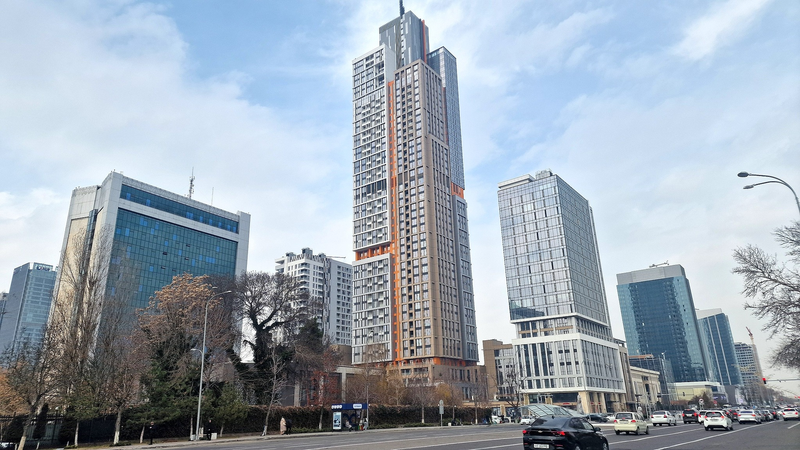From the ancient Silk Road to today's digital highways, Central Asia is poised for a tech-driven renaissance. While its neighbors raced to build proprietary solutions, this region can now harness a latecomer advantage to leapfrog into proven, scalable digital technologies.
Building a Digital Foundation
Just as railways and power grids once laid the groundwork for growth, high-speed internet and mobile networks are now essential. The Chinese premier's 2017 proposal for a "Digital Silk Road of the 21st Century" offers a blueprint for inclusive connectivity—expanding coverage while weaving digital tools into education, commerce and healthcare.
Talent: The True Game Changer
Countries like Vietnam and Indonesia show that embracing mature tech models can fast-track development. Central Asia can follow suit by cultivating two talent tracks: high-end researchers through joint labs and exchange programs, and technical experts trained in vocational schools.
Agri-Tech: Cultivating Prosperity
China's success in lifting hundreds of millions out of poverty through agricultural technology is instructive. Drought-resistant seeds, smart irrigation and satellite-based soil monitoring can transform Central Asia's vast fields, boosting yields and reducing resource waste.
A New Chapter for the Digital Silk Road
As the Belt and Road Initiative deepens partnerships, Central Asia has a window to convert its latecomer status into a sustained growth engine. By uniting digital connectivity, talent development and agri-tech, the region can write a new story of prosperity on the modern Silk Road.
Reference(s):
Latecomer advantage: Central Asia's prospects for embracing technology
cgtn.com




